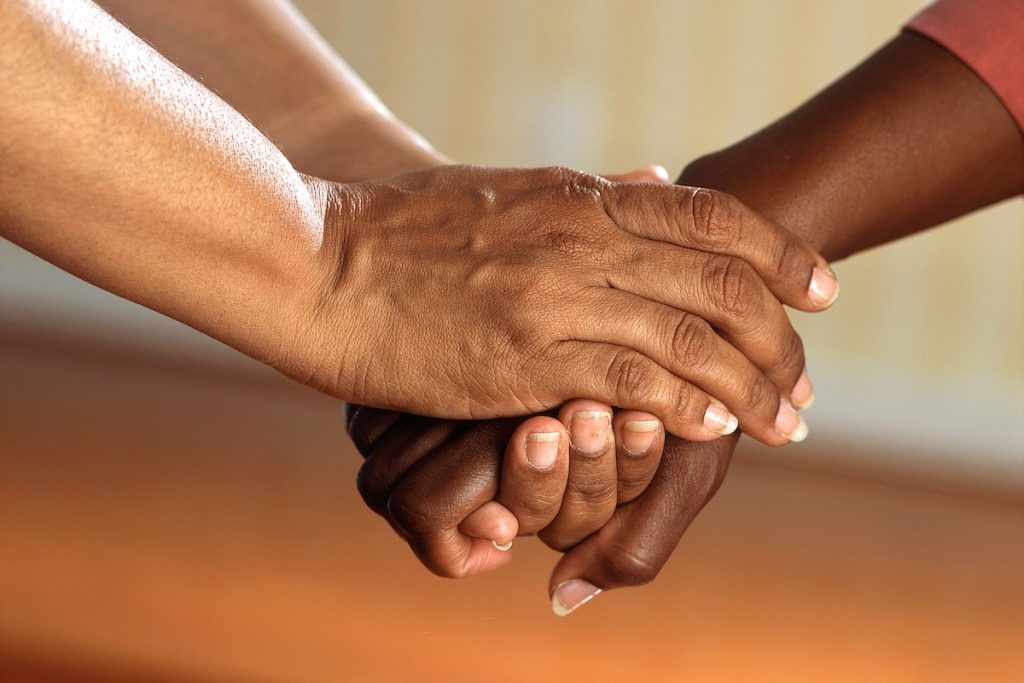- End-of-life care is complex and overwhelming for families, making professional help essential.
- Professional caregivers are experienced in managing physical and emotional symptoms to ensure patients remain comfortable.
- Professional caregivers can provide practical advice on legal and financial matters surrounding end-of-life care.
- They also offer emotional support and companionship to patients and their family members.
- Professional caregivers can help with aftercare services such as counseling and bereavement care.
End-of-life care is integral to ensuring that patients experience a peaceful and comfortable transition from life to death. Unfortunately, this is not always the case due to the complex nature of end-of-life care.
Many patients and their loved ones experience frustration, confusion, and stress when navigating the end-of-life care process. That’s why it’s vital to seek the help of professional caregivers. This blog post will explore why professional service is essential in end-of-life care.
End-of-Life Care Challenges
As much as families would like to provide the necessary care and support for a loved one in their final days, they are often unprepared to cope with the complexities of end-of-life care. The emotional toll it can take on them can be overwhelming and hinder their ability to make clear decisions during this critical time.
End-of-life care also involves legal and financial matters that can be complicated to navigate. Professional caregivers are trained in this area and can offer practical advice on proceeding with end-of-life decisions.
Coping with physical and emotional symptoms

One of the most challenging aspects of end-of-life care is dealing with the physical and emotional symptoms that can arise, such as pain, nausea, anxiety, depression, and loss of appetite. These symptoms affect not only the dying person but also their family members and caregivers.
To cope with these symptoms, working with a hospice care team specializing in pain and symptom management is essential. They can provide medications, therapies, and other interventions tailored to your needs and preferences and emotional and spiritual support for you and your loved ones.
Benefits of Hiring Professional Help
While you might think that you can handle the end-of-life care process on your own, consider these benefits of hiring a professional caregiver:
Professional Help Can Provide Quality Care
Professionals specializing in end-of-life care can provide quality care that meets patients’ needs and preferences. They have the experience and skills to handle the challenges of end-of-life care, ensuring that patients remain comfortable and relaxed throughout their final days.
Professional caregivers can also work together with other healthcare providers such as doctors, nurses, and social workers, to ensure that patients receive the best quality of care possible.
Professional Help Can Provide Emotional Support
End-of-life care has a significant emotional impact on patients, their loved ones, and family members. Professional caregivers can support all parties involved, helping them manage their emotions while navigating the end-of-life care process. They offer companionship and comfort and are often instrumental in assisting loved ones in expressing their feelings and processing their grief.
Professional Help Can Help With Practical Concerns
Besides emotional support, end-of-life care often poses practical concerns such as legal issues, paperwork, and financial management. Professional caregivers are skilled in handling such matters, offering practical assistance to patients and their loved ones.
They can help with legal documentation, financial matters, and even funeral planning, ensuring that everything is taken care of long before a patient’s passing.
Professional Caregivers Can Ensure Comfort and Dignity

In the final moments of life, it’s vital to ensure that patients remain comfortable and maintain their dignity. Professional caregivers can provide a warm and comforting environment that prioritizes patient comfort and satisfaction.
This includes ensuring that patients are pain-free and have access to personal hygiene options, clean bedding, and comfortable living spaces. They also offer light meal preparation, laundry services, and other practical aspects of daily living.
Professional Help Can Help Loved Ones Cope After Death
The realities of death extend far beyond the passing of a loved one. Often, loved ones struggle to accept the end of a loved one, taking years to heal emotionally. Professional caregivers can assist with the aftercare process, offering counsel and bereavement care services. They also provide support groups and resources that families can use during grief.
Final Thoughts
End-of-life care can be sensitive and challenging for patients and their loved ones. Seeking the help of professional caregivers is essential in ensuring that the process is as comfortable, supportive, and peaceful as possible for all parties involved.
From providing emotional support to handling practical concerns, professional caregivers play an essential role in ensuring that patients remain comfortable and peaceful and maintain their dignity in their final moments. If you or a loved one are considering end-of-life care, take the time to research and explore professional caregivers in your area. They can make an immense difference in the quality of care and support during this delicate time.

